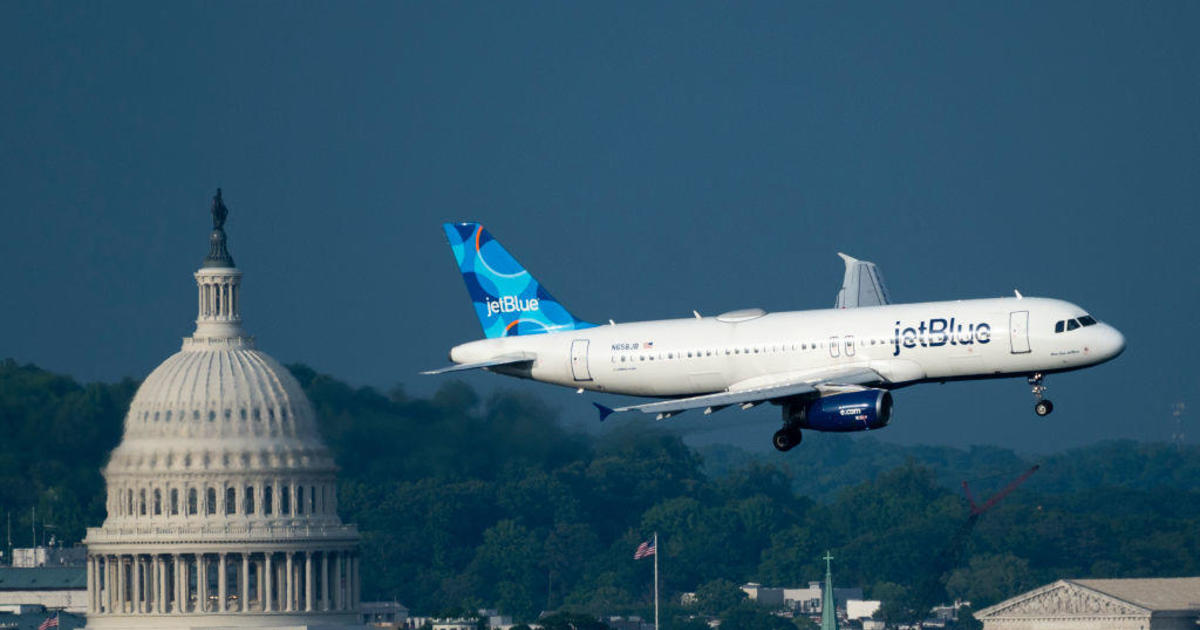The Senate has passed a $105 billion bill aimed at improving air safety and customer service for air travelers, just a day before the law governing the Federal Aviation Administration was set to expire. This bipartisan bill, which passed with a vote of 88-4, will increase the number of air traffic controllers, enhance safety standards, and make it easier for customers to receive refunds for delayed or canceled flights. The legislation now moves to the House, which is expected to pass the bill next week following a one-week extension to prevent FAA employee furloughs.
The bill faced delays earlier in the week due to objections from senators in Virginia and Maryland regarding an amendment that would allow additional flights to and from Ronald Reagan Washington National Airport. Despite attempts to add unrelated provisions to the bill, Senate Majority Leader Chuck Schumer called for a vote after it became clear that amendments would not be agreed upon before the expiration deadline. The House passed a one-week extension to allow for further discussion and prevent the FAA law from expiring.
The legislation addresses several key issues in air travel, including increasing the number of air traffic controllers, implementing new technology to prevent collisions on runways, and enhancing customer service standards. The bill also requires airlines to provide refunds for flight delays, prohibits extra charges for families to sit together, and triples fines for airlines that violate consumer laws. Additionally, the Transportation Department will create a dashboard for consumers to compare seat sizes on different airlines.
If the FAA law had expired, around 3,600 employees would have been furloughed without a guarantee of back pay, and airport operations and improvements would have been affected. While \”safety critical\” positions like air traffic controllers would not have been impacted, the failure to pass the bill by the deadline highlights Congress’s struggles in passing major legislation. Senators from Virginia raised concerns about additional flights at Reagan National Airport, while Western lawmakers argued in favor of more flights, leading to delays in the bill’s passage.
The House previously passed its own version of the FAA legislation without additional Reagan National flights, following lobbying efforts from the Virginia delegation. Lawmakers have differing opinions on the issue, with some arguing for more flights due to consumer demand, while others raise safety concerns and advocate for restrictions. The delay in passing the bill underscores the challenges in reaching consensus on key aviation issues, despite bipartisan support for improving air safety and customer service.









